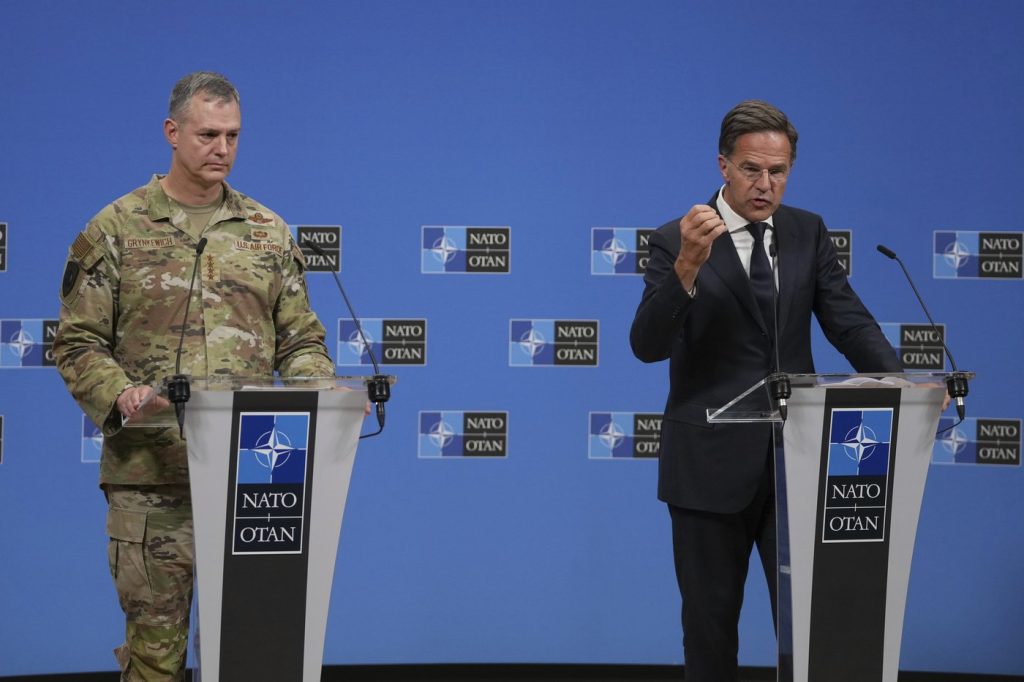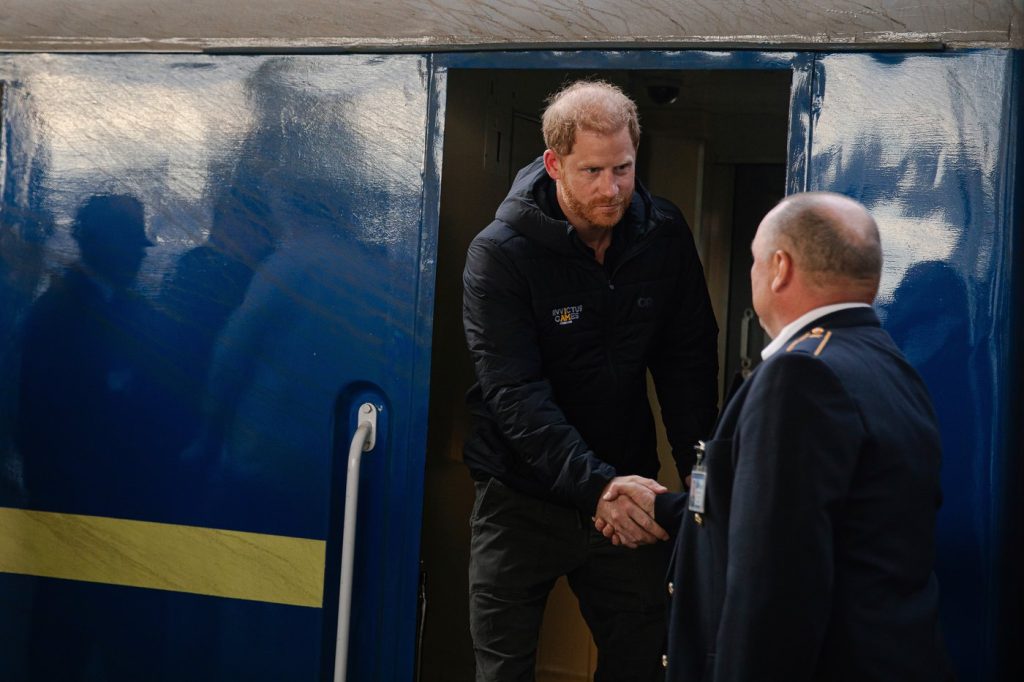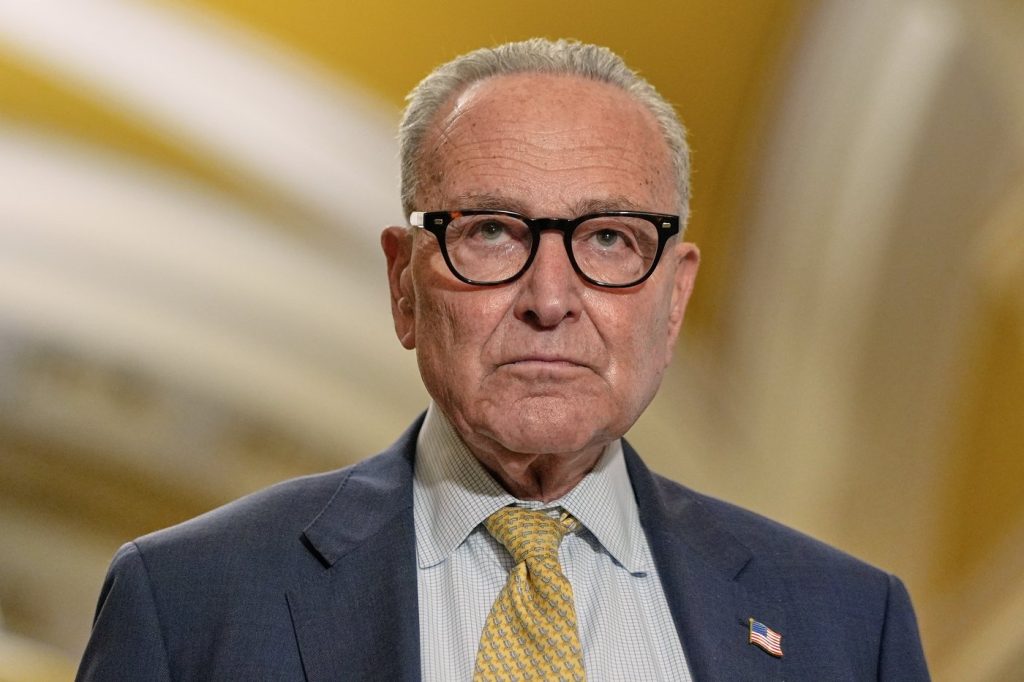WARSAW, Poland (AP) - In response to heightened tensions over potential Russian aggression, NATO announced an intensification of its defensive posture along its eastern flank, especially in areas bordering Belarus, Russia, and Ukraine. This decision follows a recent incident where multiple Russian drones breached Polish airspace. NATO's supreme commander in Europe, U.S. Gen. Alexus Grynkewich, emphasized the creation of a new operation titled "Eastern Sentry," which will incorporate additional equipment from France, Denmark, Germany, and the U.K. to enhance air and ground-based defenses.
As part of the Eastern Sentry initiative, France has committed to deploying Rafale fighter jets, while Denmark will supply F-16s, along with a frigate and ground-based defense systems. Grynkewich highlighted that these new resources would help “plug gaps in the line” and support a more efficient concentration of NATO forces, facilitating improved communication across the entire eastern flank of the alliance.
Poland's Defence Minister, Wladyslaw Kosiniak-Kamysz, expressed strong support for the operation, labeling it as a crucial step toward active deterrence and readiness to defend allied nations. The destabilizing drone incursion into Poland has heightened concerns about the ongoing conflict in Ukraine, which has developed into a protracted war of over three years.
On the diplomatic front, European leaders reacted strongly to the drone incursions. French President Emmanuel Macron announced he would send three Rafale fighters to Poland, reinforcing the message of unity among European allies against Russian intimidation. Concurrently, Britain unveiled new sanctions targeting Russia's oil revenues, focusing on the blocking of 70 vessels associated with Russia's “shadow fleet,” which allegedly facilitates the transport of oil in defiance of sanctions.
Additional cooperation between Denmark and Ukraine was highlighted by Danish Foreign Minister Lars Løkke Rasmussen, who discussed strategies to bolster defense production in Ukraine. British Foreign Secretary Yvette Cooper marked her first visit to Kyiv, voicing her country’s solidarity with Ukraine amidst escalating Russian drone attacks. She noted a significant increase in such assaults in recent months and reinforced the UK’s commitment to countering Putin's military strategies.
Following the alarming drone incident, NATO members convened at an emergency U.N. Security Council meeting where acting U.S. Ambassador Dorothy Shea asserted unwavering U.S. support for NATO allies in light of these airspace violations. Shea declared that the U.S. would defend every inch of NATO territory, reiterating a commitment to collective defense in response to Russia's provocations.
Further expressing concerns, Poland’s Deputy Foreign Minister, Marcin Bosacki, criticized Russia’s actions as a “flagrant violation” of international law and indicated that such recklessness brings the region closer to conflict than at any point in recent years. Bosacki read a joint statement representing the EU and several allied nations, condemning Russia’s provocations and calling for an immediate cessation of its military actions in Ukraine.
As tensions continue to escalate, Russia commenced a scheduled joint military exercise with Belarus, showcasing their military collaboration and demonstrating a mutual display of strength in the region. Kremlin spokesperson Dmitry Peskov stated that peace talks to resolve the ongoing war were currently paused, yet channels for dialogue remained open. He underscored a lengthy and challenging negotiation process ahead.
Ukrainian President Volodymyr Zelenskyy remarked on the necessity for Russia to realize its diminishing resources for its ongoing conflict. He asserted that the cessation of Russia’s war efforts would only be prompted by a depletion of its military capabilities.
In a related development, Russian air defenses reported the downing of 221 Ukrainian drones over numerous regions, although no significant damage was reported from these defensive actions. A Ukrainian security official confirmed that drones successfully targeted Russia’s largest oil port in Primorsk, disrupting operations within this crucial hub for Russia's oil transport strategies.












